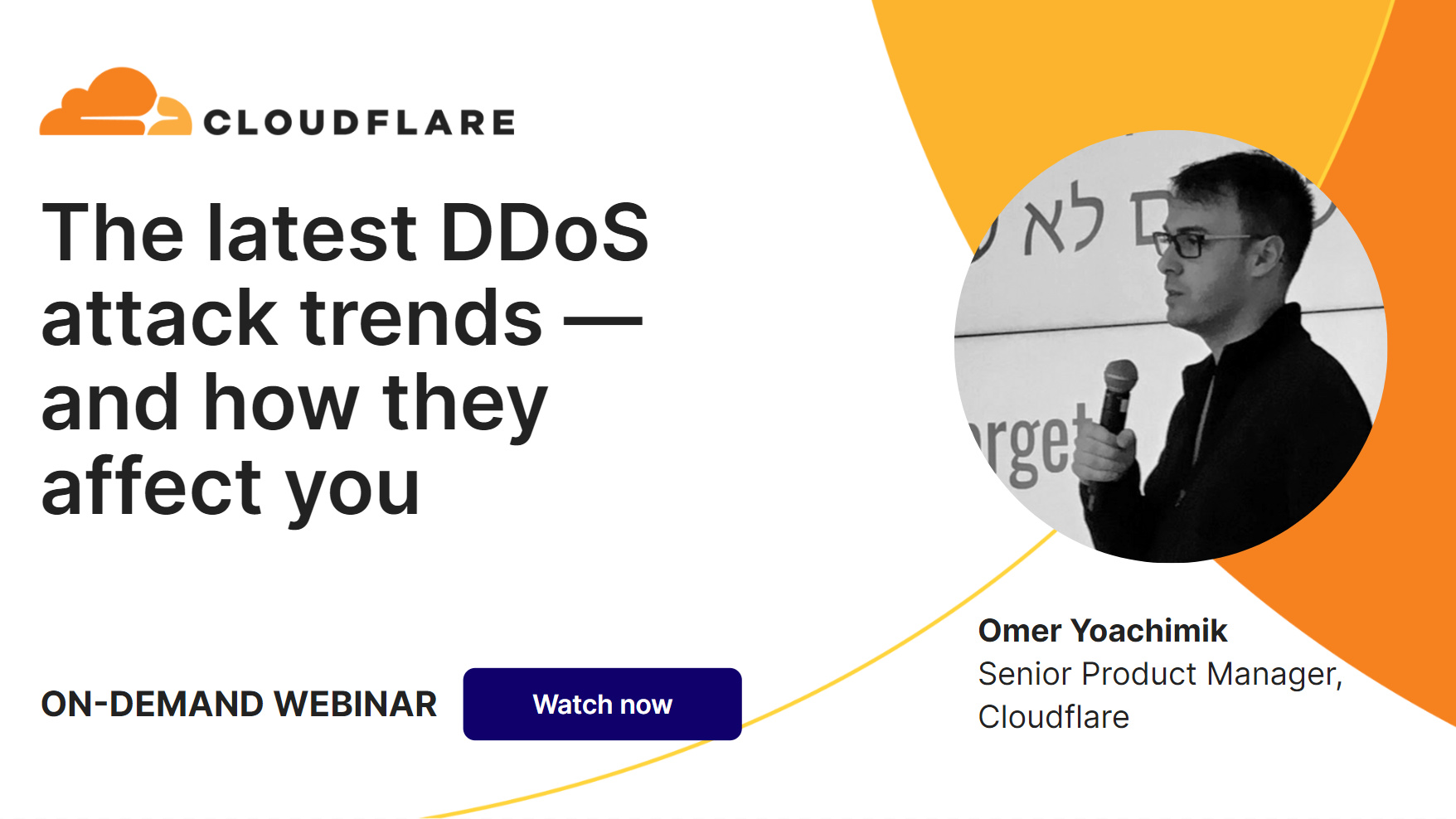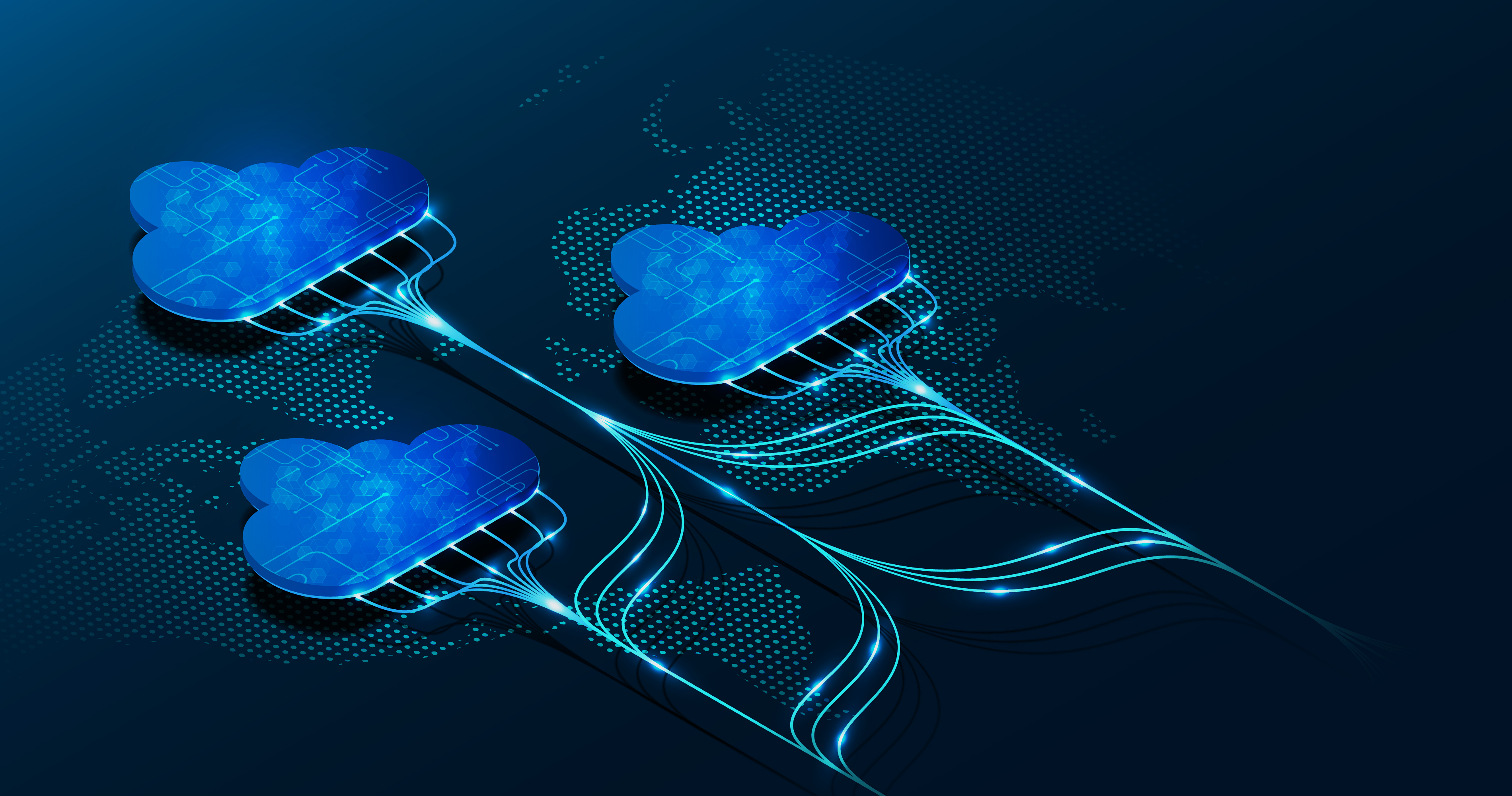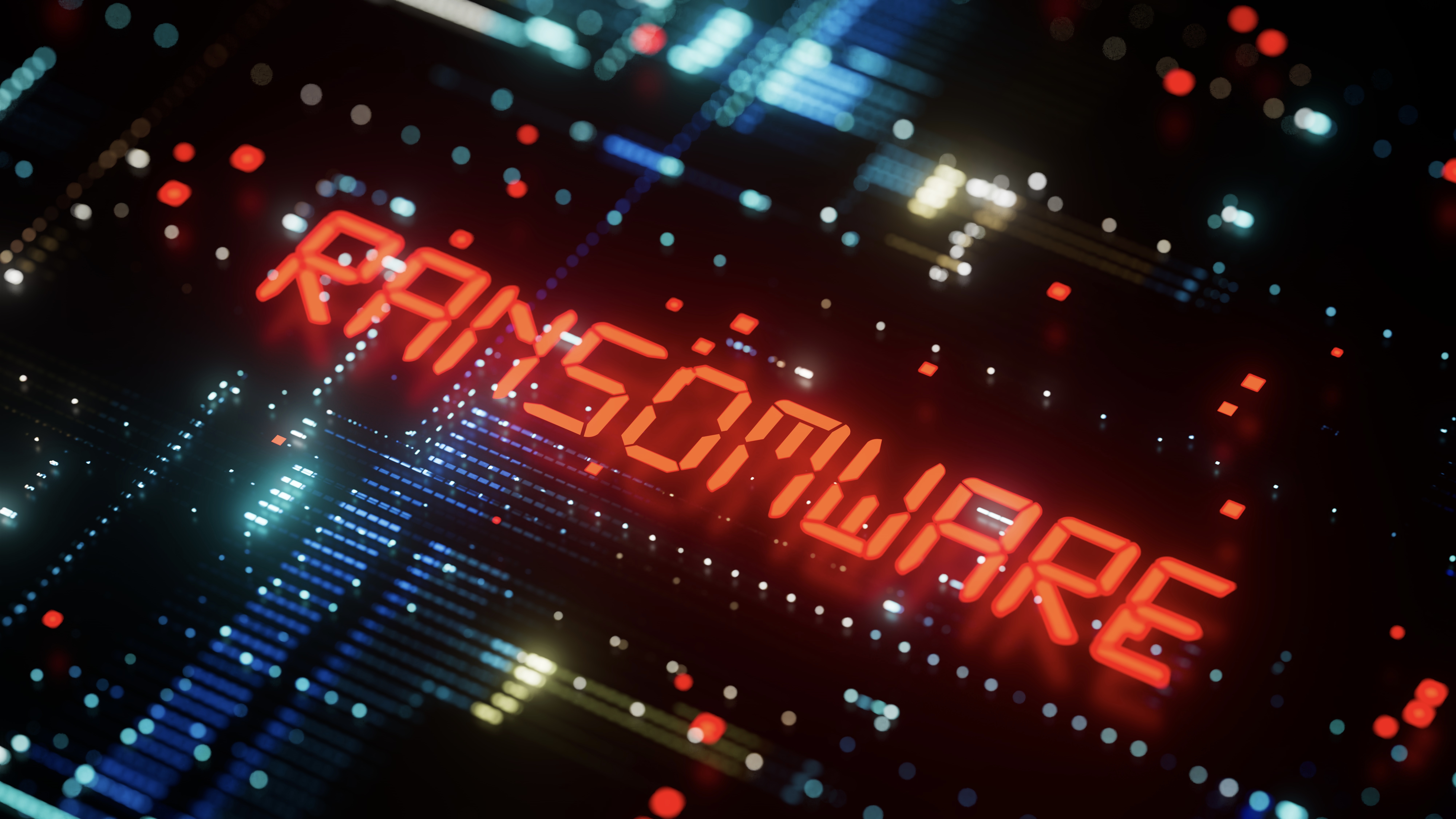
In today’s interconnected world, where most interactions and transactions take place online, organizations are heavily reliant on the internet for their daily operations.
While the internet offers exceptional opportunities, it also exposes them to serious cyber threats, with distributed denial of service (DDoS) attacks being one of the most pervasive and damaging today.
Over the years, DDoS attacks have evolved from simple nuisances to highly sophisticated and coordinated assaults, posing a significant threat to online businesses. This sophistication demands proactive measures from organizations and cyber security experts alike.
Unsurprisingly, channel organizations play a pivotal role in empowering and equipping enterprises with robust DDoS mitigation strategies – but how can they ensure that they are adequately supporting their customers as they navigate the complexities of today’s DDoS landscape?
The growing threat of DDoS attacks
DDoS attacks involve overwhelming a target's online services by flooding them with an enormous volume of traffic, rendering the services inaccessible to legitimate users. Traditionally, these attacks have been executed by botnets, or networks of compromised computers controlled by malicious actors. However, as technology advances, so do the methods employed by cyber criminals. Modern DDoS attacks are not only larger in scale but also smarter and more targeted.

Tony King is NETSCOUT’s Senior Vice President, International Sales with responsibility for directing all sales into the Company’s expansive service provider and enterprise customer base across the EMEA and Asia-Pacific regions. Mr. King has a proven track record in building open, collaborative and international sales cultures that have produced strong and sustained revenue growth.
Today's attackers utilize various techniques, such as amplification attacks, which exploit vulnerabilities in internet protocols to multiply the attack traffic, making it harder to mitigate. Moreover, they employ artificial intelligence and machine learning algorithms to identify vulnerabilities and adapt their tactics in real-time, making it challenging for conventional security measures to keep up.
To put this all into perspective, according to NETSCOUT’s latest Threat Intelligence Report, cyber criminals launched a staggering 7.9 million DDoS attacks in the first half of 2023. This marks a significant 31 percent increase compared to the previous year.
Stay up to date with the latest Channel industry news and analysis with our twice-weekly newsletter
This surge in DDoS attacks can be attributed to global events such as the Russia-Ukraine war. Finland, Turkey, Hungary, Sweden, and other countries have all faced ideologically motivated DDoS attacks, with incidents escalating, including a massive 500 Gbps attack in Sweden during its NATO bid.
RELATED RESOURCE

Cloudflare automatically detected & mitigated thousands of record-breaking DDoS attacks that came as part of a deliberately engineered DDoS campaign. Find out more.
These attacks highlight the growing geopolitical impact on cyber security, emphasizing the need for heightened vigilance and advanced mitigation strategies to safeguard digital infrastructures worldwide.
Businesses across all sectors face a very real, very severe threat from the escalation of DDoS attacks. Financial institutions, e-commerce platforms, healthcare providers, and even government organizations have fallen victim to these attacks, resulting in financial losses, reputational damage, and broken customer trust.
Moreover, DDoS attacks are sometimes used as a smokescreen to divert attention from other malicious activities, such as data breaches or malware injections, further amplifying their impact.
As such, organizations must take proactive measures to protect their digital assets and customer data. The responsibility falls not only on IT and cyber security professionals but also on the broader business community – including the channel, who are often the trusted advisors to offer appropriate mitigation solutions to their customers.
The channel's strategic position
Channel partners and resellers are the bridge between cyber security solution providers and enterprises. Their unique position allows them to understand the specific needs and vulnerabilities of businesses across various industries. By getting to grips with the nuances of their customers' operations, these partners can offer tailored DDoS mitigation solutions, ensuring a more effective defense against evolving threats.
As trusted advisors, channel partners must educate enterprises about the escalating threat of DDoS attacks and support their selection of appropriate mitigation tools. In doing so, they can help businesses assess their vulnerabilities and implement multi-layered defense mechanisms. This expertise is invaluable, especially for smaller organizations or those lacking appropriate cyber security skills in-house.

Channel partners and resellers must work with cyber security vendors to curate a portfolio of advanced DDoS mitigation solutions. After all, staying ahead of threat actors requires continuous access to cutting-edge technologies. By forging partnerships with best-of-breed firms, they can offer their customers access to the latest tools, specifically designed to meet today’s DDoS attack methods head on.
However, enterprises vary widely in size and resources, so channel partners should always recommend scalable DDoS mitigation solutions that cater to the diverse needs of their customers. This scalability ensures that businesses of all sizes can afford and implement effective cyber security measures.
By providing cost-effective options, channel partners democratize access to high-quality security solutions, thus fortifying the digital landscape.
Sophisticated tech to counter sophisticated threats
Mitigating DDoS threats is not a one-time effort – it requires continuous vigilance and adaptation. The best approach organizations can take to protect their networks is implementing adaptive DDoS defenses at all network edges.
This allows network operators to suppress DDoS attacks as they enter at multiple points to cover the entire network edge or before the point at which they converge into a large-scale attack. Through the implementation of edge-based attack detection, effective DDoS mitigation and network infrastructure-based mitigation techniques at every network access point, operations can implement adaptive DDoS suppression systems.
This provides a solution that is capable of countering DDoS attack volume and cyber criminal innovation.
It is also vital to regularly test the online defenses; the big question is why does every company have a monthly fire alarm test but not a DDoS test? This ensures any adjustments made to applications or servers are incorporated into the wider DDoS mitigation system, protecting vital online infrastructural components.
By teaching their customers (and in turn, the employees of those organizations) about the basics of good cyber hygiene, channel partners place them in a better position to defend against emerging threats.

Importantly, the ever-evolving nature of the threat landscape means organizations must be continually aware of the major trends.
By doing so, they can prepare accordingly for any potential threats which may come their way this year – and this is where the channel can help massively. Channel partners should actively engage in scenario-based training exercises, simulating DDoS attacks to help organizations prepare for real-life situations.
This hands-on approach not only enhances technical preparedness, but also instils confidence in the organization's ability to respond effectively under pressure.
Making use of threat intelligence and analysis
Another effective tool against sophisticated DDoS attacks is threat intelligence. Channel partners should recommend cyber security vendors that prioritize real-time threat intelligence feeds and analysis. By monitoring global cyber threats and understanding the tactics employed by attackers, businesses can anticipate potential DDoS campaigns and proactively strengthen their defenses.

Additionally, threat intelligence enables enterprises to identify patterns and trends in cyber criminal activities. Armed with this knowledge, they can adjust their cyber security strategies to stay one step ahead of threat actors.
In this modern arms race between cyber criminals and businesses, channel partners and resellers must stand as allies, providing not just products but expertise, guidance, and proactive support. Their role in mitigating sophisticated DDoS attacks is not merely transactional – it is transformative.
By understanding their clients' unique challenges, supporting regular testing of the defenses, curating advanced DDoS mitigation technologies, providing continuous support and leveraging threat intelligence, channel partners and resellers can become true architects of resilient cyber security landscapes.

Tony King is NETSCOUT’s Senior Vice President, International Sales with responsibility for directing all sales into the Company’s expansive service provider and enterprise customer base across the EMEA and Asia-Pacific regions. Mr. King has a proven track record in building open, collaborative and international sales cultures that have produced strong and sustained revenue growth.
-
 Microsoft unveils Maia 200 accelerator, claiming better performance per dollar than Amazon and Google
Microsoft unveils Maia 200 accelerator, claiming better performance per dollar than Amazon and GoogleNews The launch of Microsoft’s second-generation silicon solidifies its mission to scale AI workloads and directly control more of its infrastructure
-
 Infosys expands Swiss footprint with new Zurich office
Infosys expands Swiss footprint with new Zurich officeNews The firm has relocated its Swiss headquarters to support partners delivering AI-led digital transformation
-
 Ransomware is on the rise. Again
Ransomware is on the rise. AgainIndustry Insights Ransomware resurges with AI-driven sophistication, challenging defenders and creating opportunities for MSPs
-
 Poised for the future: Key cybersecurity growth opportunities for MSPs
Poised for the future: Key cybersecurity growth opportunities for MSPsIndustry Insights There are myriad opportunities on the horizon for partners who can tap into customer needs
-
 In the age of all-in-one platforms, how can partners avoid becoming interchangeable?
In the age of all-in-one platforms, how can partners avoid becoming interchangeable?Industry Insights Complacency is the real problem, rather than platformization...
-
 Threat intel could be your secret weapon in cybersecurity sales
Threat intel could be your secret weapon in cybersecurity salesIndustry Insights Threat intelligence transforms cybersecurity sales from reactive product pitching to strategic advisory.
-
 The changing role of the MSP: What does this mean for security?
The changing role of the MSP: What does this mean for security?Industry Insights Smaller businesses are more reliant on MSP support, but this also puts providers under increased scrutiny...
-
 When everything connects, everything’s at risk
When everything connects, everything’s at riskIndustry Insights Growing IoT complexity demands dynamic, automated security for visibility, compliance, and resilience
-
 How to MFA everywhere
How to MFA everywhereIndustry Insights Identity online is not who you are; it is what the system accepts as proof of you, and that gap is exactly what the attackers take advantage of
-
 How automation is quietly redefining what “good” looks like in endpoint management
How automation is quietly redefining what “good” looks like in endpoint managementIndustry Insights
